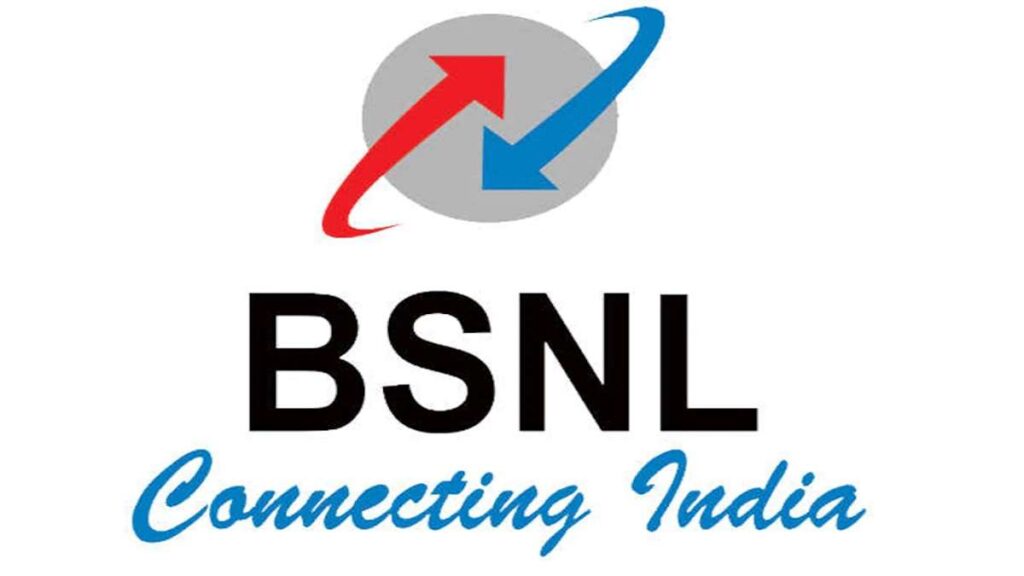Telecom operator BSNL or Bharat Sanchar Nigam Ltd has suffered a data breach. As per reports, the stolen data of thousands of BSNL internet and landline users is being sold on the dark web by the hackers.
As per ET report, there’s been a serious issue reported involving a hacker, known as “Perell,” on the dark web, claiming to have obtained critical information about users of a telecom company’s services, specifically those using fibre and landline connections from BSNL (Bharat Sanchar Nigam Limited) in India.
This hacker, operating under the alias “Perell,” has disclosed a portion of the stolen data on the dark web. The dataset contains sensitive details like email addresses, billing information, contact numbers, and other private data linked to BSNL’s fibre and landline users. Additionally, more critical information such as mobile service outage records, network specifics, completed orders, and customer information appears to have been compromised.
An unnamed source familiar with the situation highlighted the gravity of this breach, emphasizing that it poses an immediate threat to the privacy and security of BSNL customers. The data shared by the hacker comprises around 32,000 lines of information, but “Perell” claims to have acquired approximately 2.9 million lines of data from all databases, including district-wise details of BSNL customers.
Despite the lack of public acknowledgment from BSNL regarding this breach, Indian cybersecurity agency Cert-In has been reportedly informed about this hacking incident.
Kanishk Gaur, a cybersecurity expert and founder of India Future Foundation, expressed deep concern about this breach. He emphasized that such an event could have widespread implications for both BSNL and its users. Gaur pointed out the seriousness of this breach, stating that it not only jeopardizes user privacy but also exposes them to risks like identity theft, financial fraud, and targeted phishing attempts.
This situation calls for immediate action from BSNL and relevant authorities to mitigate the risks and safeguard the affected users against potential harm stemming from the compromised data.




